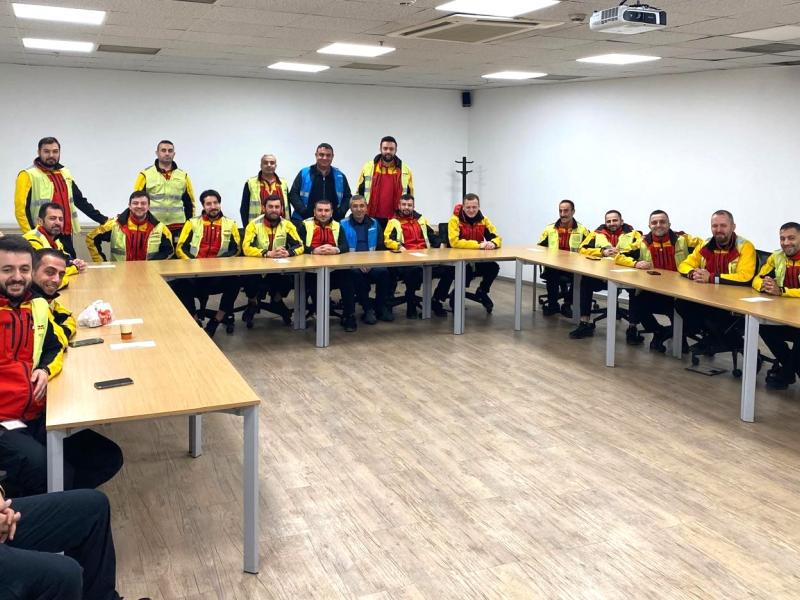Since January 2018, 16 dockers and 12 seafarers have died from asphyxiation or explosions in confined spaces – or from falls after passing out due to bad air. That’s a shocking spike in deaths in confined spaces, a workplace hazard long familiar to the shipping industry.
To put the recent deaths in perspective, there have been a total of 145 in the past 20 years, and alarmingly 28 in the past 16 months.
The massive rise in fatalities says everything about the callousness of those running the shipping industry today. Companies that choose to save a dollar rather than train and equip workers to labour safely in confined spaces or invest in an onboard safety culture in which workers are free to take the time they need to vent cargo holds, ensure sufficient good air or question a risk they are facing.
We know that maritime workers are generally aware of the risks associated with entry into confined spaces, but they may not be aware of the details and extent of the varied dangers posed by forest products, coal, iron ore, grains, gases and other cargo.
It is not enough for a worker to rely on opening the hatches for 30 minutes and hoping for the best, or to do the best they can to protect themselves on their own. It is not enough for workers to take all available precautions but sometimes still be caught without sufficient protection by pockets of gases and lack of oxygen. And it is absolutely not enough that workers are left to cope with an inhumane industry by doing what humans have always done for one other: risk their own lives to save their fallen colleagues.

Last November, two dockers died while unloading logs from the hold of a bulker in Montevideo, likely after exposure to an unexpected fumigant they were not told about. A crew member saw them in distress and entered the hold wearing a face mask, determined to rescue them. During his efforts, his mask was reportedly removed, and he passed out, eventually landing in hospital in an induced coma. A third docker required medical help before the tragic incident was over.
Shipowners have a duty of care for their crew and dockers employed to carry out their cargo operations. Education and procedures are not optional. The negligence of shipowners who disregard standard procedures and cost workers their lives must be met with a punishment proportionate to the lives lost.
The International Maritime Solid Bulk (IMSB) Cargoes Code governs the carriage of bulk cargo worldwide. The IMSB code:
• Identifies and groups cargoes based on hazard
• Provides guidelines for safe handling
• Sets procedures for testing
The ITF Dockers’ and ITF Seafarers’ sections will be at the International Maritime Organization (IMO) working with shipowners to ensure that the regulations governing confined space stand up and are strong enough to protect all maritime workers.
The ITF Dockers’ Section deplores operators who routinely force workers to choose between risking their lives or their jobs. We continue the fight against them and demand accountability.
We join our sisters and brothers from Australia and Canada and echo their call for industrial manslaughter laws for employers deliberately undermine safety a risk workers’ lives.
Kill a worker, go to jail!




